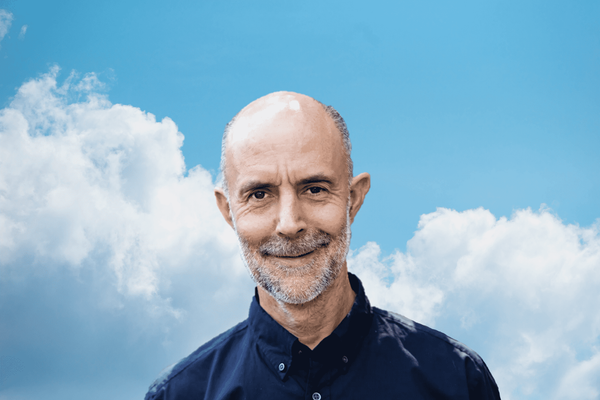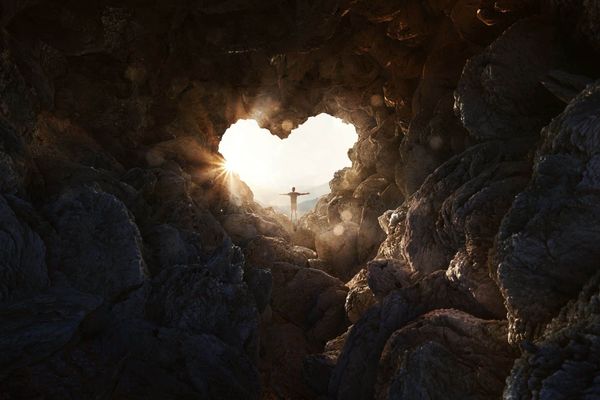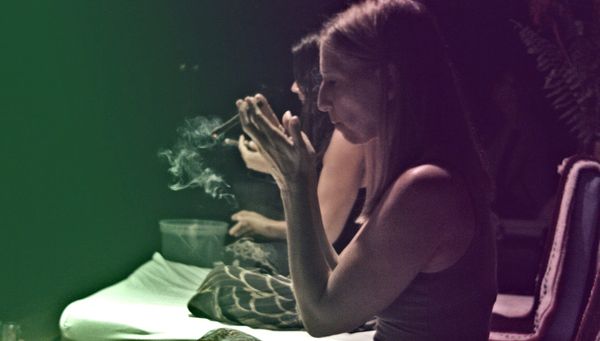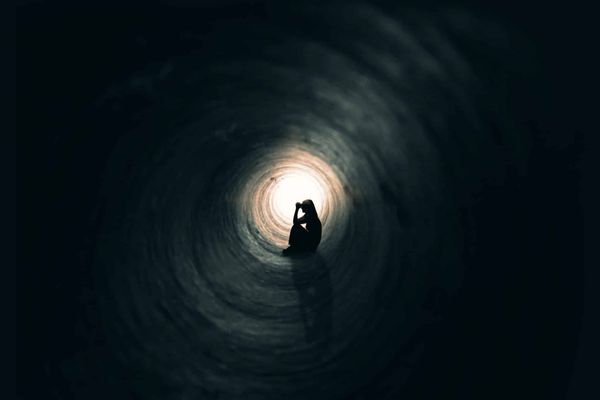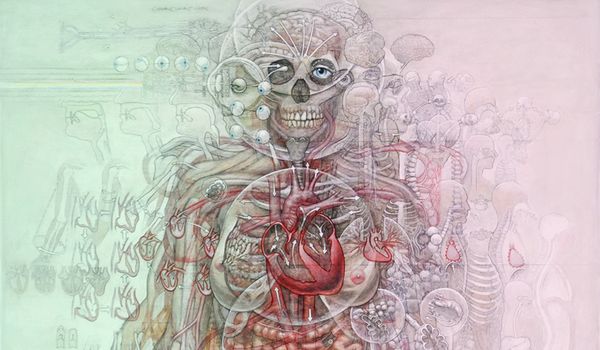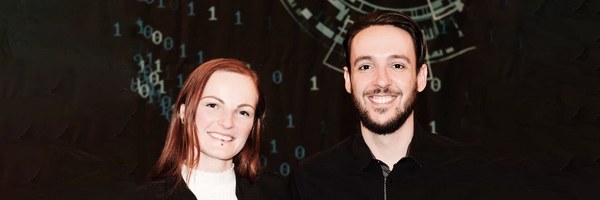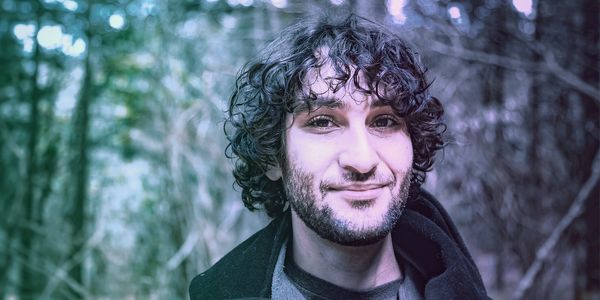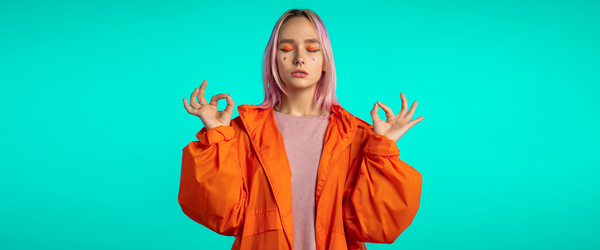Jordan Bates • • 11 min read
18 Rare Aldous Huxley Quotes to Upgrade Your Grey Matter
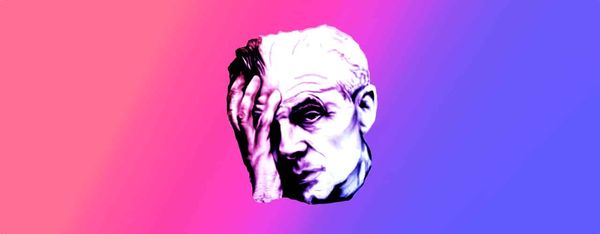
“Then, suddenly, my consciousness was lighted up from within and I saw in a vivid way how the whole universe was made up of particles of material which, no matter how dull and lifeless they might seem, were nevertheless filled with this intense and vital beauty.”
— Aldous Huxley
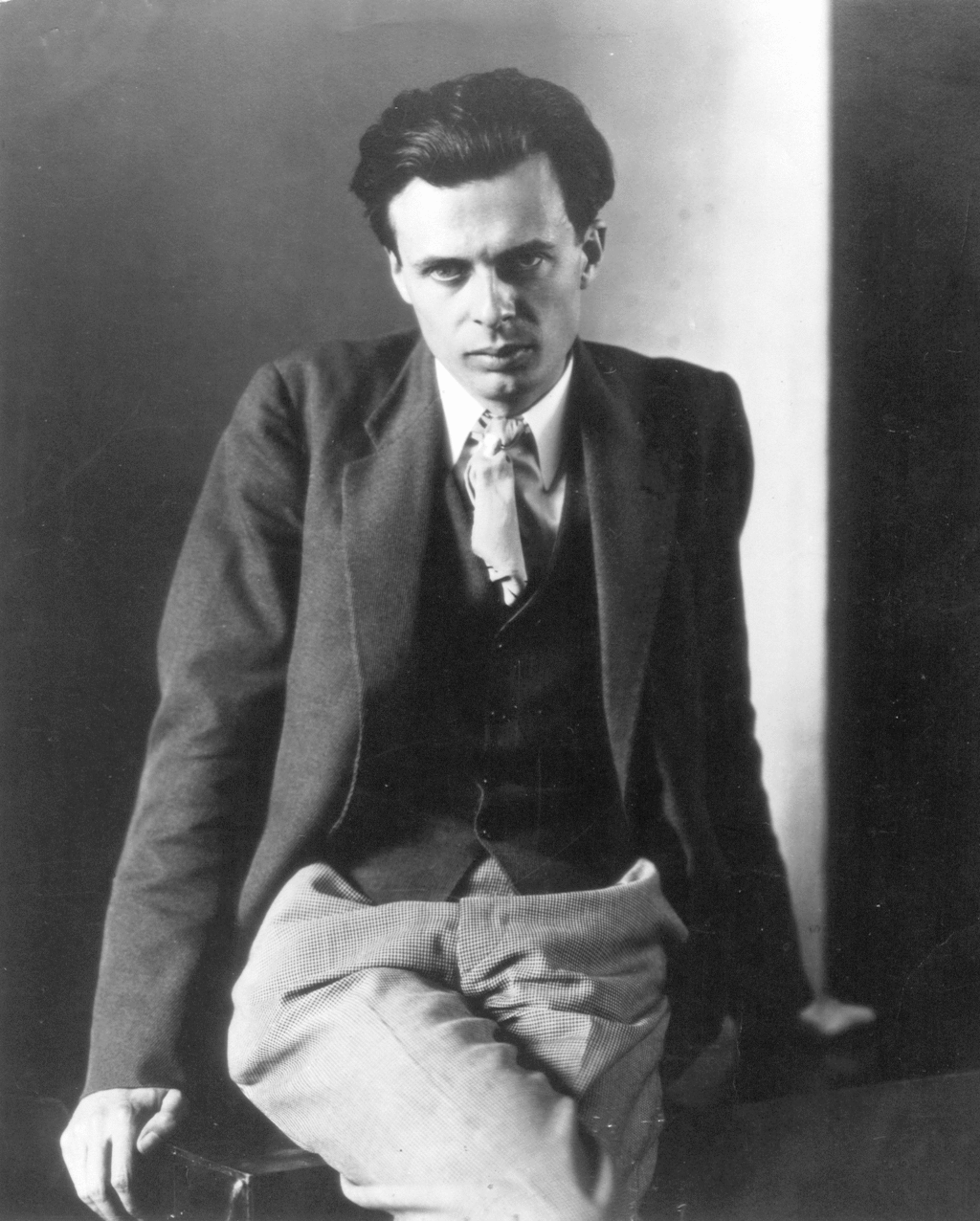
Aldous Huxley was one of the most iconic and prophetic thinkers of the 20st century.
Huxley is best-known for his novel Brave New World, in which he predicted the appearance of dictatorships which used soft forms of coercion such as drugs and entertainment to pacify the populace.
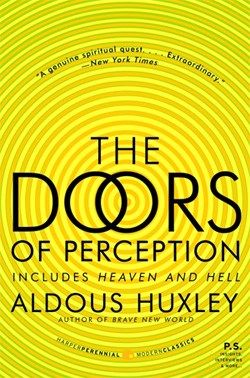
Later in life, Huxley became interested in psychedelic/entheogenic substances and mystical experiences, famously writing The Doors of Perception about his experiences with mescaline.
Beyond becoming one of the preeminent intellectuals of his time, Huxley also had a prodigious talent for writing.
His words contain a seemingly effortless eloquence. He’s one of those writers whose presence you can really feel in the sentences. You can almost picture Huxley, cross-legged and sipping a cup of tea, regaling you with his profound ideas over a lovely luncheon.
Keep that image in mind while you savor these quotes—these dusty treasures plucked from the consciousness of one of the most renowned geniuses ever to exist on this planet.
18 Rare Aldous Huxley Quotes
On the purpose of suffering and of art:
“Perhaps it’s good for one to suffer. Can an artist do anything if he’s happy? Would he ever want to do anything? What is art, after all, but a protest against the horrible inclemency of life?”
― Aldous Huxley, Antic Hay
On the causes of human misery:
“At least two thirds of our miseries spring from human stupidity, human malice, and those great motivators and justifiers of malice and stupidity: idealism, dogmatism and proselytizing zeal on behalf of religious or political idols.”
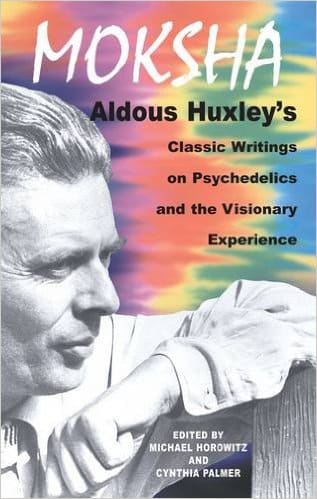
On ordinary waking consciousness vs. mystical consciousness:
“The ordinary waking consciousness is a very useful and, on most occasions, an indispensable state of mind; but it is by no means the only form of consciousness, nor in all circumstances the best. Insofar as he transcends his ordinary self and his ordinary mode of awareness, the mystic is able to enlarge his vision, to look more deeply into the unfathomable miracle of existence.
The mystical experience is doubly valuable; it is valuable because it gives the experiencer a better understanding of himself and the world and because it may help him to lead a less self-centered and more creative life.”
— Aldous Huxley, Moksha: Aldous Huxley’s Classic Writings on Psychedelics and the Visionary Experience
On the mental illness of “abnormal normalcy”:
“The real hopeless victims of mental illness are to be found among those who appear to be most normal. Many of them are normal because they are so well adjusted to our mode of existence, because their human voice has been silenced so early in their lives, that they do not even struggle or suffer or develop symptoms as the neurotic does. They are normal not in what may be called the absolute sense of the word; they are normal only in relation to a profoundly abnormal society. Their perfect adjustment to that abnormal society is a measure of their mental sickness. These millions of abnormally normal people, living without fuss in a society to which, if they were fully human beings, they ought not to be adjusted.”
― Aldous Huxley, Brave New World Revisited
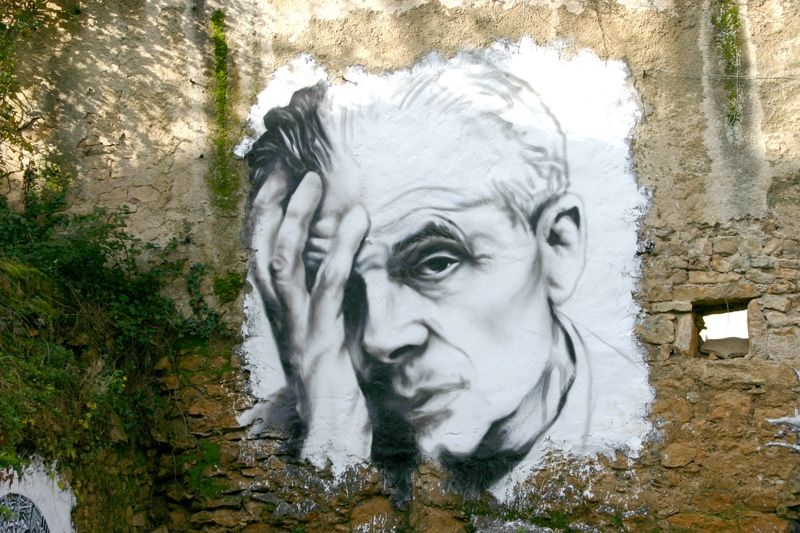
On the potential for mass media to be used as an instrument of power:
“… [T]he passion for power is one of the most moving passions that exists in man. And, after all, all democracies are based on the proposition that power is very dangerous, and that it’s extremely important not to let any one man or any one small group to have too much power for too long a time. After all, what are the British and American constitutions, except devices for limiting power? And all of these new devices [television, radio, etc.] are extremely efficient instruments for the imposition of power by small groups over larger masses.”
— Aldous Huxley, 1958 Interview
On why humans live largely in the realm of concepts, rather than direct experience:
“When we see a rose, we immediately say, rose. We do not say, I see a roundish mass of delicately shaded reds and pinks. We immediately pass from the actual experience to the concept.
[…]
We cannot help living to a very large extent in terms of concepts. We have to do so, because immediate experience is so chaotic and so immensely rich that in mere self-preservation we have to use the machinery of language to sort out what is of utility for us, what in any given context is of importance, and at the same time to try to understand — because it is only in terms of language that we can understand what is happening. We make generalizations and we go into higher and higher degrees of abstraction, which permit us to comprehend what we are up to, which we certainly would not if we did not have language. And in this way language is an immense boon, which we could not possibly do without.
But language has its limitations and its traps.”
— Aldous Huxley, The Divine Within: Selected Writings on Enlightenment
On the man who returns from a mystical experience:
“The man who comes back through the Door in the Wall will never be quite the same as the man who went out. He will be wiser but less sure, happier but less self-satisfied, humbler in acknowledging his ignorance yet better equipped to understand the relationship of words to things, of systematic reasoning to the unfathomable mystery which it tries, forever vainly, to comprehend.”
— Aldous Huxley, The Doors of Perception
On the way in which language prevents many people from experiencing the world directly:
“In general, we think that the pointing finger — the word — is the thing we point at… In reality, words are simply the signs of things. But many people treat things as though they were the signs and illustrations of words. When they see a thing, they immediately think of it as just being an illustration of a verbal category, which is absolutely fatal because this is not the case. And yet we cannot do without words. The whole of life is, after all, a process of walking on a tightrope. If you do not fall one way you fall the other, and each is equally bad. We cannot do without language, and yet if we take language too seriously we are in an extremely bad way. We somehow have to keep going on this knife-edge (every action of life is a knife-edge), being aware of the dangers and doing our best to keep out of them.”
— Aldous Huxley, The Divine Within: Selected Writings on Enlightenment
On the indispensability of science in modern civilizations:
“Ours is an industrial civilization, in which no society can prosper unless it possesses an elite of highly trained scientists and a considerable army of engineers and technicians. The possession and wide dissemination of a great deal of correct, specialized knowledge has become a prime condition of national survival. In the United States, during the last twenty or thirty years, this fact seems to have been forgotten. Professional educationists have taken John Dewey’s theories of ‘learning through doing’ and of ‘education as life adjustment,’ and have applied them in such a way that, in many American schools, there is now doing without learning, along with courses in adjustment to everything except the basic twentieth-century fact that we live in a world where ignorance of science and its methods is the surest, shortest road to national disaster. During the past half century every other nation has made great efforts to impart more knowledge to more young people. In the United States professional educationists have chosen the opposite course.”
— Aldous Huxley, Collected Essays
Read this: Plato, Nietzsche, and 11 Other Philosophers Who Used Mind-Altering Drugs
On the individual urge to self-transcendence:
“We love ourselves to the point of idolatry; but we also intensely dislike ourselves — we find ourselves unutterably boring. Correlated with this distaste for the idolatrously worshipped self, there is in all of us a desire, sometimes latent, sometimes conscious and passionately expressed, to escape from the prison of our individuality, an urge to self-transcendence. It is to this urge that we owe mystical theology, spiritual exercises and yoga — to this, too, that we owe alcoholism and drug addiction.”
— Aldous Huxley, Moksha: Aldous Huxley’s Classic Writings on Psychedelics and the Visionary Experience
On the unfathomable, ever-present beauty of the cosmos:
“I was sitting on the seashore, half listening to a friend arguing violently about something which merely bored me. Unconsciously to myself, I looked at a film, of sand I had picked up on my hand, when I suddenly saw the exquisite beauty of every little grain of it; instead of being dull, I saw that each particle was made up on a perfect geometrical pattern, with sharp angles, from each of which a brilliant shaft of light was reflected, while each tiny crystal shone like a rainbow. . . . The rays crossed and recrossed, making exquisite patterns of such beauty that they left me breathless. … Then, suddenly, my consciousness was lighted up from within and I saw in a vivid way how the whole universe was made up of particles of material which, no matter how dull and lifeless they might seem, were nevertheless filled with this intense and vital beauty. For a second or two the whole world appeared as a blaze of glory. When it died down, it left me with something I have never forgotten and which constantly reminds me of the beauty locked up in every minute speck of material around us.”
— Aldous Huxley, Heaven and Hell
On the historical use of drugs for religious/entheogenic purposes:
“Modern pharmacology has given us a host of new synthetics, but in the field of the naturally occurring mind changers it has made no radical discoveries. All the botanical sedatives, stimulants, vision revealers, happiness promoters and cosmic-consciousness arousers were found out thousands of years ago, before the dawn of history.
In many societies at many levels of civilization attempts have been made to fuse drug intoxication with God-intoxication. In ancient Greece, for example, ethyl alcohol had its place in the established religion. Dionysus, or Bacchus, as he was often called, was a true divinity. His worshipers addressed him as Lusios, “Liberator,” or as Theoinos, “Godwinc.” The latter name telescopes fermented grape juice and the supernatural into a single pentecostal experience. . . . Unfortunately they also receive harm. The blissful experience of self -transcendence which alcohol makes possible has to be paid for, and the price is exorbitantly high.”
— Aldous Huxley, Moksha: Aldous Huxley’s Classic Writings on Psychedelics and the Visionary Experience
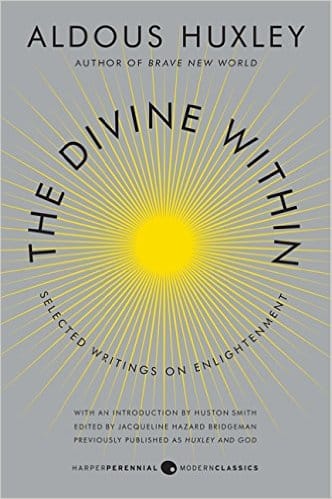
On the nature of the self:
“I wish to raise my hand. Well, I raise it. But who raises it? Who is the “I” who raises my hand? Certainly it is not exclusively the “I” who is standing here talking, the “I” who signs the checks and has a history behind him, because I do not have the faintest idea how my hand was raised. All I know is that I expressed a wish for my hand to be raised, whereupon something within myself set to work, pulled the switches of a most elaborate nervous system, and made thirty or forty muscles — some of which contract and some of which relax at the same instant — function in perfect harmony so as to produce this extremely simple gesture. And of course, when we ask ourselves, how does my heart beat? how do we breathe? how do I digest my food? — we do not have the faintest idea.
[…]
We as personalities — as what we like to think of ourselves as being — are in fact only a very small part of an immense manifestation of activity, physical and mental, of which we are simply not aware. We have some control over this inasmuch as some actions being voluntary we can say, I want this to happen, and somebody else does the work for us. But meanwhile, many actions go on without our having the slightest consciousness of them, and … these vegetative actions can be grossly interfered with by our undesirable thoughts, our fears, our greeds, our angers, and so on…
The question then arises, How are we related to this? Why is it that we think of ourselves as only this minute part of a totality far larger than we are — a totality which according to many philosophers may actually be coextensive with the total activity of the universe?”
— Aldous Huxley, The Divine Within: Selected Writings on Enlightenment
On the limited nature of everyday consciousness and the importance of experiencing the “cosmic consciousness”:
“Obviously, if we have to get out of the way of the traffic on Hollywood Boulevard, it is no good being aware of everything that is going on in the universe; we have to be aware of the approaching bus. And this is what the brain does for us: It narrows the field down so that we can go through life without getting into serious trouble.
But … we can and ought to open ourselves up and become what in fact we have always been from the beginning, that is to say … much more widely knowing than we normally think we are. We should realize our identity with what James called the cosmic consciousness and what in the East is called the Atman-Brahman. The end of life in all great religious traditions is the realization that the finite manifests the Infinite in its totality. This is, of course, a complete paradox when it is stated in words; nevertheless, it is one of the facts of experience.”
— Aldous Huxley, The Divine Within: Selected Writings on Enlightenment
On the possibility of dictatorships controlling people via chemically induced happiness:
“The dictatorships of tomorrow will deprive men of their freedom, but will give them in exchange a happiness none the less real, as a subjective experience, for being chemically induced. The pursuit of happiness is one of the traditional rights of man; unfortunately, the achievement of happiness may turn out to be incompatible with another of man’s rights — namely, liberty.”
— Aldous Huxley, Moksha: Aldous Huxley’s Classic Writings on Psychedelics and the Visionary Experience
On the irrevocably solitary nature of human existence:
“We live together, we act on, and react to, one another; but always and in all circumstances we are by ourselves. The martyrs go hand in hand into the arena; they are crucified alone. Embraced, the lovers desperately try to fuse their insulated ecstasies into a single self-transcendence; in vain. By its very nature every embodied spirit is doomed to suffer and enjoy in solitude. Sensations, feelings, insights, fancies—all these are private and, except through symbols and at second hand, incommunicable. We can pool information about experiences, but never the experiences themselves. From family to nation, every human group is a society of island universes.”
— Aldous Huxley, The Doors of Perception
Read this: 18 Rare Friedrich Nietzsche Quotes to Make You Question Everything
On the “law of reversed effort”—”the harder we try, the worse we do the thing”:
“Take the piano teacher, for example. He always says, Relax, relax. But how can you relax while your fingers are rushing over the keys? Yet they have to relax. The singing teacher and the golf pro say exactly the same thing. And in the realm of spiritual exercises we find that the person who teaches mental prayer does too. We have somehow to combine relaxation with activity…
The personal conscious self being a kind of small island in the midst of an enormous area of consciousness — what has to be relaxed is the personal self, the self that tries too hard, that thinks it knows what is what, that uses language. This has to be relaxed in order that the multiple powers at work within the deeper and wider self may come through and function as they should. In all psychophysical skills we have this curious fact of the law of reversed effort: the harder we try, the worse we do the thing.”
— Aldous Huxley,The Divine Within: Selected Writings on Enlightenment
On the inestimable value of the mystical experience:
To be shaken out of the ruts of ordinary perception, to be shown for a few timeless hours the outer and inner world, not as they appear to an animal obsessed with survival or to a human being obsessed with words and notions, but as they are apprehended, directly and unconditionally, by Mind at Large — this is an experience of inestimable value to everyone and especially to the intellectual.
— Aldous Huxley, The Doors of Perception
I sincerely hope you appreciated this collection. Please pass it on to someone you think will appreciate it. As Deltron Zero once rapped, “Upgrade your grey matter, ‘cuz one day it may matter.”
If you want to upgrade your grey matter and learn to access mystical states of awareness, our new course was designed for you!

Jordan Bates
Jordan Bates is a lover of God, father, leadership coach, heart healer, writer, artist, and long-time co-creator of HighExistence. — www.jordanbates.life

